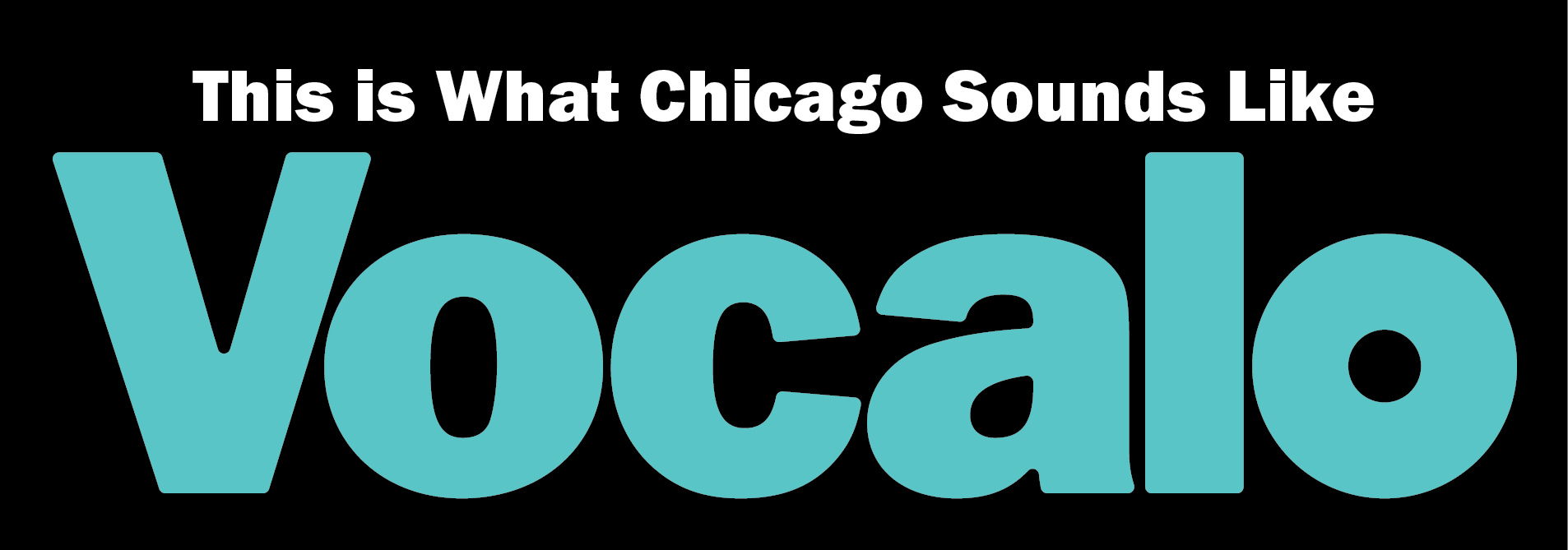Chicago Ride App Workers Demand Change Outside Uber Headquarters
Written by Vocalo Radio on May 5, 2023
On the morning of May 4, rideshare workers protested outside of the Uber headquarters in Chicago and demanded more rights, fair pay and increased safety.
Days before Uber’s annual shareholder meeting on May 8, activists and rideshare workers took to the streets outside Chicago’s Uber hub to demand better wages, transparency from rideshare companies and safer working conditions. In a wave of protests across the nation, rideshare workers have stood up to companies like Uber and Lyft to demand their needs be met. Vocalo producer Ari Mejia spoke with key members of the movements attending the protest Veronica Avila and Ald. Michael Rodriguez of the 22nd Ward.
Avila, deputy director of worker campaigns at the Action Center on Race and the Economy, feels companies like Uber and Lyft are mistreating and neglecting its workers and cited a May 1, 2023, report from ACRE which found 31 ride app workers were murdered while working in 2022 alone. 77% of these workers were people of color, and 21% were immigrants. 39% of them worked for Uber. These numbers indicate an escalation from years past, as a previous study from Gig Workers Rising found 50 ride app workers were killed while working between 2017 and January 2022.
“A lot of drivers come forward with stories of feeling unsafe on the job, continuing rides and not canceling them when they feel unsafe, because they’re worried about losing income,” Avila said.

Activists are putting forward two resolutions on May 8 with the goal to ensure safer working conditions, a fair and clear deactivation process and better wages for workers.
Ald. Michael Rodriguez sponsors the Chicago Rideshare Living Wage and Safety Ordinance, which was created to work toward better wages and safer working conditions for rideshare workers. He noted ride app workers in cities like Seattle and New York have salary minimums and more worker protections.
“That’s why I’m so proud to sponsor this,” he told Mejia. “I think we’re coming in with the new administration and with a lot of energy to get things like this passed for the people of this industry, who are largely immigrant, Black and brown, working class individuals.”
For more information on the cause, visit acrecampaigns.org/issues/worker-campaigns.
Ari Mejia: The morning on May 4, 2023, in front of the Uber hub at North and Noble, app drivers are rallying for fair pay, job security and safety just days before Uber’s annual shareholder meeting on May 8.
Speaker: We are massing not only in Chicago, we’re massing in Seattle, we’re massing in San Francisco …
AM: Veronica Avila works with the Action Center on Race and the Economy, ACRE, where they have been conducting surveys with drivers across the country to learn more about the safety issues.
Veronica Avila: In partnership with the group in California, we just released the report that found that last year 31 app workers had been murdered on the job, 77% were people of color and 40% drove for Uber. So a devastating figure. And this is actually the highest count we’ve found since 2017, so it’s an escalating crisis. A lot of drivers come forward with stories of feeling unsafe on the job, continuing rides and not canceling them when they feel unsafe, because they’re worried about losing income. They’re nervous about … essential incentives that help bump up poverty wages, and they’re worried about being fired, essentially. Deactivations serve as terminations and unpaid suspensions, and these are sort of weapons that these companies wield over the heads of workers.
Jocelyn Floyd (driver for Uber): One in five drivers of color reported being physically grabbed, groped or hit in the last year. That’s 37% more than white drivers.
AM: Two resolutions are being put forward on Monday. To ensure safer working conditions, a fair and transparent deactivation process, and better wages.
VA: One put forth by a European investor, because this is a global crisis, to say that we want an independent audit of driver health and safety, to find out how the roles are actually shaping and perpetuating this health and safety crisis. And then there’s another resolution that a driver, Justin, actually who’s floating around here is going to read calling out Uber to have just cause deactivation, a stakeholder informed appeals process and also have, you know, cab take rates, have fair pay and not have incentives that are tied to pushing you to continue rides within a specific timeframe.

AM: Jocelyn Floyd is a Chicago resident and has been an Uber driver since 2015.
Jocelyn Floyd: In the beginning, it was good, but over the years it has diminished, with pay with safety. And now we’re here demanding fair, safe wages, fair, safe treatment, respect, solid communication, and we want our money. I will be presenting in support of the resolutions, the healthy and safe wage resolutions that they’ve been presented with, that they can easily vote yes to, if they cared about us. But they’re leveraging their revenues on the backs of the most disenfranchised workers. And that is just not right.
AM: In addition to this international movement, the local efforts in City Hall are being sponsored by Ald. Michael Rodriguez of the 22nd Ward. He is sponsoring the rideshare living wage and safety ordinance. For the past several months, Ald. Rodriguez has been working with the People’s Lobby and the Chicago Gig Alliance on the ordinance.
Ald. Michael Rodriguez: We have minimum salaries per mile, per minute in Seattle and New York. We need that here in the city. We have worker protections in those cities, as well, that aren’t here, process for deactivation and a worker center that provides justice to the workers. And that’s why I’m so proud to sponsor this. Particularly after Mayday. I think we’re coming in with the new administration and with a lot of energy to get things like this passed for the people of this industry, who are largely immigrant, Black and brown, working class individuals.
Audio production and editing by Ari Mejia
Written introduction by Joshua X. Miller and Morgan Ciocca
Photography by Ari Mejia, edited by Morgan Ciocca
More from Vocalo:
 Vocalo Radio
Vocalo Radio 











